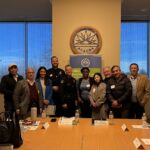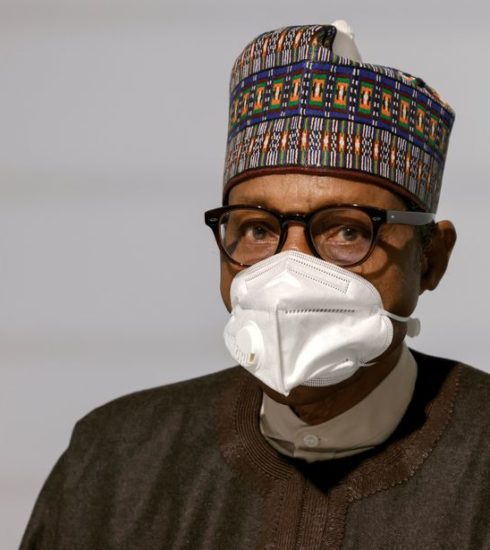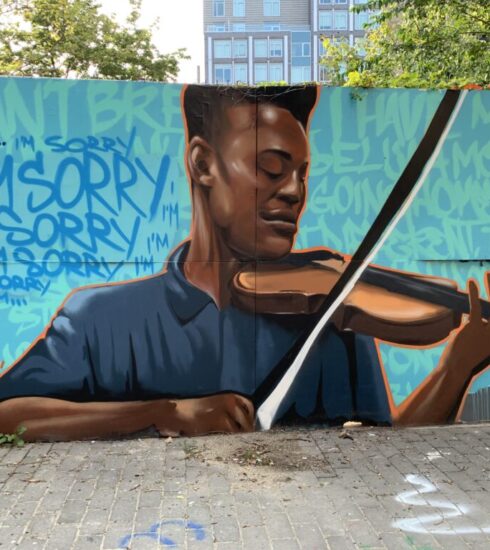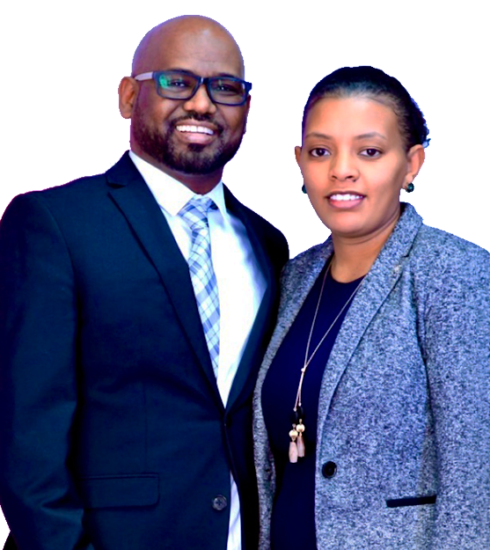
More than the almost half a million dollars I lost, what I found more depressing was realizing that the man I presumed was my friend had been grooming me to steal my money. My trust in James resulted in my sending him checks to invest for my retirement.
It all started at our monthly critique meetings of a dozen would-be writers. Being professionals — a lawyer and a physician — we had a universe of subjects and ideas to discuss. Since he’d taken finance and taxation courses, we also discussed my many financial quandaries. We had become friends.
It was particularly gratifying to be included in a new business venture James was setting up. Mountains of paperwork explained what it entailed; success was guaranteed in coal and later gold mines. All I had to do was work harder, more hours, to invest more money. James was a specialist that I implicitly trusted.
You can imagine how this tale of trust goes and ends. I trusted James; so did a number of his lawyer friends, who invested heavily in his imagined goldmines. One investor, an older physician, had known James since he was a schoolboy. After dropping millions into James’ lap, we would learn that the business was a Ponzi scheme, where new money went to pay other “investors” back. There were no returns from our investments. All of our money was gone; trust in James was a sacrificial lamb.
This chapter of my life represents a grand lesson in the shortcomings of human trust. Truthfully, the only reason I wrote James check after check was I trusted him with my livelihood.
In his book, “Sapiens,” Yuval Harari opines that we humans create, believe and share fictions. Shared stories are the binding elements in our human culture while trust is deeply imbedded in the stories we tell each other.
The most astounding example of my trust of other humans is that, without a second thought I trust drivers to let me cross the street when the “Walk” sign is flashing. This results from the stories we’ve told ourselves about each other: “Protect me, and I will protect you.”
Trust plays a central role in our economic systems, religious stories and national identities among other aspects of culture and society. Trust allows human societies to function. It’s quite extraordinary to consider how our lives are built around trust. We don’t think twice to ask if what a banker, or a doctor tells us about their expertise or ability is true. Or not.
Without testimonials we trust the aircraft pilot knows how to fly the plane and that we will arrive to our destination safely.
It is this trust that led James’ investors to hand over large sums of money — paper checks created from our stories — that we all trusted he would invest in the way he promised he would. We sadly were wrong; like Bernie Madoff — who bilked investors of $65 billion — James, I would surmise, wanted to see how many smart people, he could con.
For us the results of his perfidy are various. Most important is, we are always skittish dealing in other businesses or other people’s affairs. We now think twice before trusting anyone, which is an unnatural way of behavior. The financial toll has been enormous; instead of a comfortable retirement, some of us now count every penny.
Still, personally, I find the whole affair rather comical. I imagine the elaborate scheme, the amount of brain power James and his friends expended, to create illusions of wealth where none existed. It was all creative fiction — which takes us back to where we started — writing fiction readers would love.
I’m not angry or tormented by my blindness and stultifying inability to tell a friend from a fraud. I like to think that I have learned an important lesson about life and my fellow man: to wisely evaluate all proposals or investments and to learn all there is to know about people, places and actions before venturing out.
We are in a fraught moment in human history; institutions once considered of impeccable reputation are today viewed with jaundiced eyes. In many citizens’ opinions, lawyers, clergy, teachers and even some doctors are now viewed with suspicion.
We cannot recreate how homo sapiens behave. We must however find ways humans’ behavior leads to trust. Without it the world will be a pretty gloomy and impossible place.
This article was originally published in The Denver Gazette on December 1, 2024
…………………………
Pius Kamau, M.D., a retired general surgeon, is president of the Aurora-based Africa America Higher Education Partnerships; co-founder of the Africa Enterprise Group and an activist for minority students’ STEM education. He is a National Public Radio commentator, a Huffington Post blogger, a past columnist for Denver dailies and is featured on the podcast, “Never Again.”






